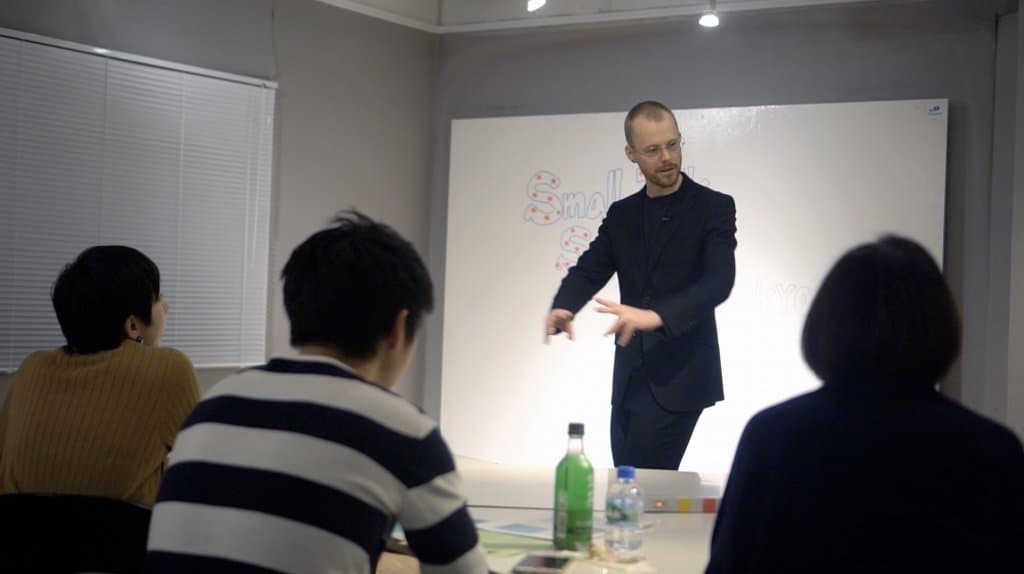If you’re worried about how to practise thinking in English, you’re doing something very wrong.
You don’t “practise” thinking in English.
You either do it or you don’t.
Now, walking down the road fantasising in English… yes… when you’re at, say, the supermarket, having English in your head… yes.
And you can try to consciously make this happen…
But if you’re doing things right, you shouldn’t *need* to make it consciously happen – it should happen anyway, all by itself.
First, the better you get at English, the more you’ll think in English.
Second, the better the way you learn English, the more you’ll think in English right from the start without your first language ever getting in the way.
I learned Japanese to a very high level (not perfect, but enough that I worked in a Japanese company all in the language, and worked as a translator for a while, too). Personally, I never had any problem with translating in my head – I always “thought” in Japanese right from the start, even if in the beginning when it wasn’t much. If I’m speaking Japanese, my head is all in Japanese. And it was always like that.
But I had a big advantage compared to most people: I was a terrible student at school and failed languages (French in my cause). So I had no bad habits.
Basically, if you’re studying grammar rules and trying to combine those with words when you speak… or learning via translations in your native language… then it’s only natural you’ll “think” in your native language. Because it’s the way you learn that’s causing the problem.
My recommendation:
- When you’re doing something in English, don’t try to “learn English” — instead, just do. And do as much as you can in English.
- But also have a block of time every day where you are intentionally studying English (so that your English grows) — but the key here is a balance between learning and just doing.
- Stop trying to speak with grammar and words, and instead learn (and speak) in larger “chunks” (which is how native speakers speak).
If you’re stuck with your English and not moving forward, don’t worry.
I can show you a better way to learn.
MEFA enrolment will open for January 2021 on Dec 24th.
This is normally the fastest-filling month of the year and if you want a place I advise you to add yourself to the waiting list:
https://www.doingenglish.com/MEFA
Note: I’ll be closing the waiting list for this month on Dec 20th.
Best,
Dr Julian Northbrook


